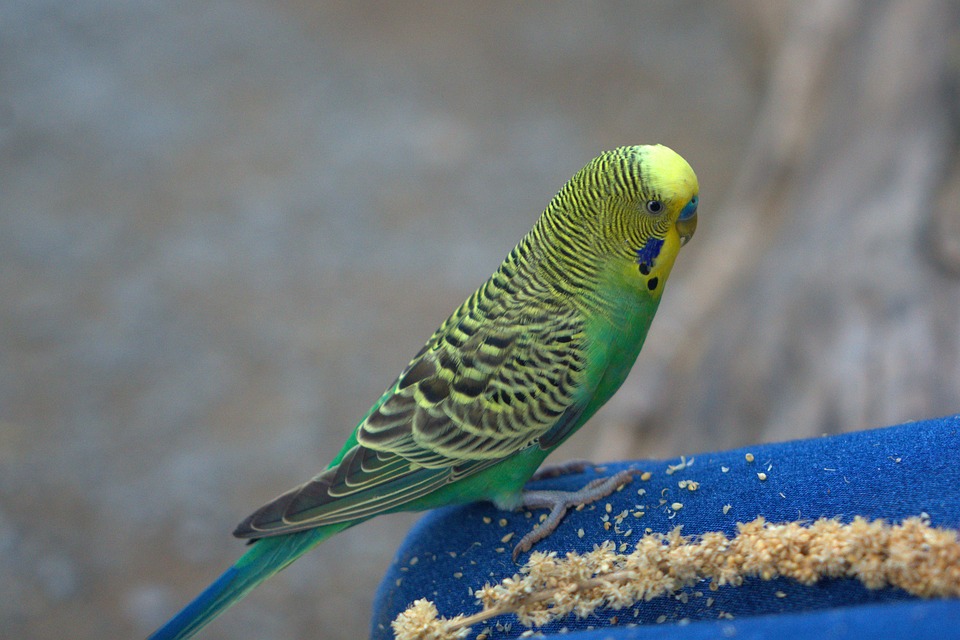Parrots are fascinating creatures that require proper understanding and care to thrive. One important aspect of their well-being is providing enrichment schedules that cater to their unique behavioral needs. In this article, we will delve into the significance of enrichment for parrots and how it impacts their mental and physical health. We will also explore the key elements of creating an effective enrichment schedule and highlight some common enrichment activities for parrots.
Enrichment is crucial for parrots for several reasons. Firstly, it provides them with mental stimulation, which is essential for their cognitive abilities and overall well-being. Parrots are highly intelligent creatures that require regular mental challenges to prevent boredom and keep their minds sharp. Enrichment activities such as puzzles, toys, and training exercises can engage their problem-solving skills and provide mental stimulation.
Secondly, enrichment schedules ensure that parrots get enough physical exercise. In the wild, parrots fly, climb, and forage for food, which keeps them physically active. In captivity, it is important to provide opportunities for exercise to prevent obesity and associated health issues. Enrichment activities such as flight training, climbing structures, and interactive games can help parrots stay physically fit and active.
Lastly, enrichment contributes to the emotional well-being of parrots. These social creatures thrive on interaction and companionship. Enrichment activities that involve social interaction and playtime with their owners or other parrots can help fulfill their emotional needs. This can reduce stress and prevent the development of behavioral issues such as aggression or feather plucking.
Understanding enrichment schedules is key to ensuring their effectiveness. Consistency is crucial when implementing enrichment activities. Parrots thrive on routine, so it is important to establish a regular schedule for introducing and rotating different activities. This consistency provides predictability and helps parrots feel secure in their environment.
Balancing variety and routine is another important aspect of enrichment schedules. While routine is essential, providing a variety of activities prevents boredom and keeps parrots engaged. Introducing new toys, puzzles, or training exercises on a regular basis can keep the enrichment activities fresh and exciting for parrots.
Adapting to individual parrot’s needs is vital when creating an enrichment schedule. Each parrot is unique, with different preferences and abilities. Observing your parrot’s behavior and adjusting the enrichment activities accordingly ensures that they are receiving the appropriate level of mental and physical stimulation. Some parrots may require more challenging activities, while others may prefer simpler ones. It is important to cater to their individual needs to maximize the benefits of enrichment.
There are several common enrichment activities that are beneficial for parrots. Foraging toys and puzzles encourage parrots to use their problem-solving skills, mimicking their natural behavior of searching for food in the wild. Puzzle feeders and food dispensers provide mental stimulation while also slowing down their eating pace, promoting healthier digestion. Training and interactive games not only provide mental stimulation but also strengthen the bond between parrots and their owners. Social interaction and playtime with other parrots or humans are important for their emotional well-being and socialization.
Enrichment schedules have a significant impact on parrot behavior. By providing regular enrichment activities, parrot owners can effectively reduce boredom and destructive behavior. Parrots that are mentally and physically stimulated are less likely to engage in negative behaviors such as excessive screaming or feather plucking. Enrichment also helps minimize stress and anxiety in parrots, promoting a more relaxed and contented demeanor.
Furthermore, enrichment activities enhance cognitive abilities and problem-solving skills in parrots. Regular mental challenges improve their ability to learn and adapt to new situations. This not only keeps them mentally sharp but also helps them cope with changes in their environment.
In conclusion, understanding and meeting the behavioral needs of parrots is crucial for their overall well-being. Enrichment schedules play a vital role in providing mental stimulation, physical exercise, and emotional contentment for parrots. By creating a consistent schedule and offering a variety of enrichment activities, parrot owners can significantly improve their feathered companion’s quality of life and strengthen the bond between human and bird.









